Misconceptions about working as a Technical Writer
“So you write technical manuals for software, isn’t that really boring?”
“I bet you’re really pedantic about grammar, punctuation and spelling aren’t you?”
Well the latter is true to an extent but the technical writers who work in our team here at Armada would heartily disagree with the first statement.
You have to be thorough and pedantic, to a degree, when it comes to spelling, grammar and punctuation, otherwise your work just looks unprofessional. Our Technical Authoring Training Programme, hosted by seasoned technical writing professionals, looks at writing styles, use of punctuation and some golden rules to remember. However, that doesn’t mean technical writing is boring or lacking in creativity and it certainly isn’t always deeply technical either.
So, what are some of the common misconceptions associated with technical writing? Here, we dispel some of those myths and put forward a case in favour of this wonderful profession.
#1 Technical writing is boring and lacks in creativity
People think that all Technical Writers do is write, and all we write about is how to carry out tasks in pieces of software. That couldn’t be further from the truth.
Technical writing can cover pretty much any topic you can think of. Out Technical Writers have covered a vast array of subjects as a team over the years, and will continue to do so. As long as something needs instructions, we’ll write them.
A Technical Writer needs to be creative to keep a reader engaged. How can I turn an extremely dry set of instructions into something that someone will want to read? That in itself can be a big challenge.
#2 You need to be really technical and IT savvy to become a technical writer
Not necessarily. Half of our team are from a technical background while the other half came into Technical Writing through different career paths, including HR and teaching.
The word ‘technical’ in the job title points more towards the style of writing than the person you need to be to do this job. In fact, in some cases, it helps if you’re not all that tech-savvy. Technical writing is about developing technical instructions on how to carry out tasks for all kinds of users. The writing will be for those who could carry out the instructions in their sleep through to those that don’t know the difference between single-click and double-click. If, as a Technical Writer, you know the software inside-out and can’t understand how anyone else couldn’t be on the same level as you, you lose some ability to write for the non-tech-savvy users.
Sure, confidence using a computer helps, but it’s not the most essential aspect of the job. Being able to convey complex, technical information in a clear, easy-to-understand manner is a far more important characteristic for a Technical Writer.
#3 Technical writers don’t get paid all that much
Not true. According to payscale.com:
- A Technical Writer’s average salary is in excess of £34k, with experienced Technical Writers earning in excess of £40k.
- A Senior Technical Writer’s average salary is over £50k.
#4 Technical writing has a very rigid structure
Ok, so maybe this one is true, to an extent. It makes sense to put instructions in a logical order, using a structure that will make sense to the user. After all, a user wants to be able to search for what they want and find it as quickly as possible.
However, within that structure, there is still the opportunity to be creative and find more and more interesting ways to engage the reader and keep them reading. Is there an innovative new way to present the information? What can we use to break up the instructions into more manageable chunks?
#5 As a Technical Writer, all you do is write
Writing isn’t enough on its own. You’d soon switch off and lose interest if you were just reading reams and reams of text. So, part of our job is to create and edit graphics and illustrations to complement the written instructions.
At Armada, we offer courses teaching how to use Adobe Illustrator and Photoshop to create professional-standard technical illustrations and graphics that can be incorporated into your fliers, brochures and manuals, templates and layouts.
Technical Writers don’t just churn out text – they are content creators in the wider sense.
Are there any misconceptions that you have come across? If so, how have you responded?
If you are interested in becoming a Technical Writer, check out our extensive Technical Authoring Training Programme, as well as courses in applications used by technical writers, such as RoboHelp and MadCap Flare.


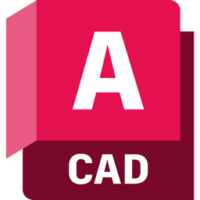
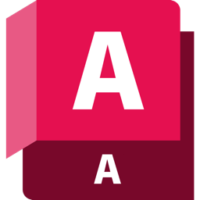








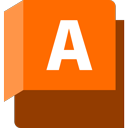


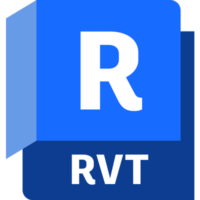




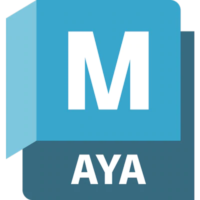







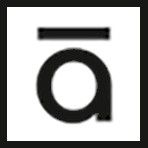

















Thanks for your advice. It helps us a lot. I will definitely try to apply them in the next protected or unprotected mock. Please keep us updating with your immense knowledge